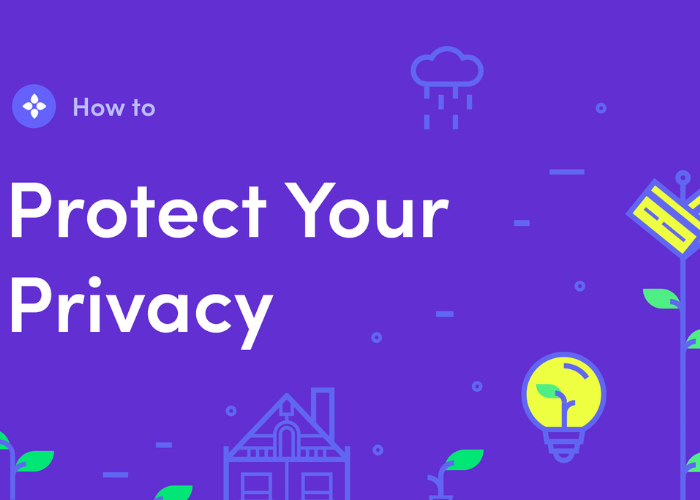In the digital age, online privacy and security are of utmost importance. With the rise of cybercrime and the increased use of personal data for marketing, it is essential that everyone takes steps to protect themselves. In this article, we will discuss the risks of online privacy and security and provide tips on how to protect yourself from these risks.
Understanding the Risks of Online Privacy and Security
Online privacy and security are important topics to be aware of. In today’s world, it is easier than ever for criminals to gain access to personal information. Additionally, companies are increasingly using personal data for marketing purposes. This means that it is essential for everyone to take steps to protect their online privacy and security.
Ways to Protect Your Online Privacy
There are several steps that can be taken to protect your online privacy. Here are some of the most important ones:
Use Encryption Services: Encryption services are a great way to keep your data secure. They use encryption algorithms to protect data in transit and at rest. This means that even if someone were to gain access to your data, they would not be able to decipher it.
Consider a VPN: A Virtual Private Network (VPN) is a service that encrypts your internet connection and routes your traffic through a remote server. This means that your IP address is hidden and your data is encrypted. This is a great way to protect your online privacy.
Refrain from Unsecured Wi-Fi Networks: Unsecured Wi-Fi networks are a major risk to your online privacy. If you use an unsecured Wi-Fi network, someone could easily gain access to your data. It is best to avoid unsecured networks and instead use a secure, password-protected network.
Keep Your Software and Devices Updated: Keeping your software and devices up to date is an important step in protecting your online privacy. Software and device updates often contain important security patches that can help protect you from cybercriminals.
Turn off Location Services: Location services can be a major risk to your online privacy. By turning off location services, you can help ensure that your data is not being tracked.
Pay Attention to Your Social Media Privacy Settings: Social media sites are a major source of personal data. It is important to pay attention to the privacy settings on these sites and make sure that your data is not being shared with anyone you do not want to have access to it.
Choose Strong and Unique Passwords: Choosing strong and unique passwords is another important step in protecting your online privacy. It is important to choose passwords that are difficult to guess and that are not reused across multiple sites.
Be Careful About What You Download: Downloading files from unknown sources can be a major risk to your online privacy. It is important to be careful about what you download, as malicious files can contain malware that can steal your personal data.
Protecting Your Online Security
In addition to protecting your online privacy, it is also important to protect your online security. Here are some tips on how to do this:
Use Antivirus Software: Antivirus software is a great way to protect your online security. It can help detect and remove malicious files that can steal your data.
Don’t Reuse Passwords: Reusing passwords is a major risk to your online security. If a hacker were to gain access to one of your accounts, they would then have access to all of your accounts if you reuse passwords.
Take Advantage of Multi-Factor Authentication: Multi-factor authentication is a great way to protect your online security. It adds an extra layer of security by requiring an additional form of authentication, such as a code sent to your phone or a biometric scan.
Be Wary of Links and Emails: Links and emails can be a major source of malware. It is important to be wary of these and only click on links and open emails from sources that you trust.
Conclusion
Online privacy and security are essential in the digital age. It is important to understand the risks and take steps to protect yourself from them. This includes using encryption services, considering a VPN, refraining from unsecured Wi-Fi networks, keeping your software and devices updated, turning off location services, paying attention to your social media privacy settings, choosing strong and unique passwords, and being careful about what you download. In addition, it is important to use antivirus software, not reuse passwords, take advantage of multi-factor authentication, and be wary of links and emails. By taking these steps, you can help protect yourself from the risks of online privacy and security.






